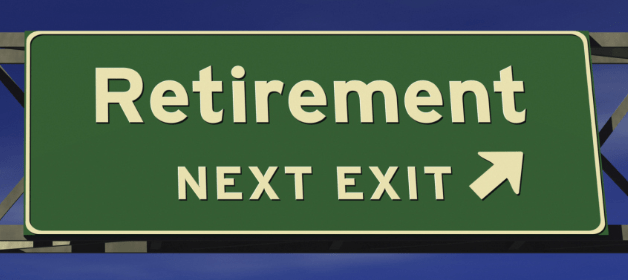The Answer – it depends.
How to decumulate wealth well (to decrease in amount or value) is both an art and science. In this first part of this three-part series, we discuss why planning is a lifelong process. This second part of the series will identify some of the biggest financial challenges faced in decumulation during retirement. The third article will outline important basics for decumulating wealth well.
Life Long Planning:
Government Changes:
It might seem that just when you build a plan that works within government regulations, the government changes the rules. Especially for business owners with holding companies, rule changes can significantly impacted their future planning. With governments now ballooning debt due to Covid-19, we need to be prepared for new government changes in tax that will likely help pay for this.
Reviewing government legislative changes regularly is important.
Tax
The Government is one of your biggest financial partners in life. They take the largest amount of your income; in some provinces, amounting to more than ½ of your income. Managing tax and monitoring tax rules is critical.
Annually managing your taxable income can legitimately keep more money in your pocket rather than passing it on to the government.
Income Changes:
RRSPs are one of the biggest game changers the government implemented to help people retire. An RRSP allows for pre-tax money to grow tax sheltered and then to be taxed in the future at (hopefully) a lower tax rate than when you initially earned the money.
At age 72, a good saver may encounter tax challenges and in some cases Old-Age Security (OAS) clawbacks (loss of government programs).
Reviewing portfolio values and income changes on an annual basis can benefit a retiree’s pocketbook.
Imbalance of Assets
Part of good planning is ensuring that during a wealth accumulation stage you are strategically allocating assets so that in retirement one spouse doesn’t have significantly more income than the other. This is especially true for retirement income prior to age 65 when income splitting rules kick in for RRIF, LIF and Corporate Dividends.
Reviewing assets on a regular basis to ensure they are optimally balanced is important to keep more of your income rather than paying it in tax.
Life Changes
Life doesn’t always go as planned. For example, sometimes a spouse pre-deceases another just into retirement. This can create tax challenges for the surviving spouse. RRSPs that were meant to be split between two people are now only for one. Non-Registered income is now taxable in the hands of a single person. CPP and OAS are often reduced as the survivor benefit doesn’t offset the reduction in government programs.
When doing planning, it is important take into consideration the health of the couple. Are both individuals healthy? Do their families have a history of longevity? Your financial advisor may recommend decumulating differently depending on these facts.
If one of the clients is in poor health, it is most likely beneficial to start CPP as early as possible. Whereas a healthy client with a family history of longevity may wait longer and take advantage of the government bonuses on CPP and OAS.
If a spouse is diagnosed with a serious or even a terminal illness, it is important to prepare for the worst while still hoping and praying for the best outcome. A lack of planning can significantly impact the surviving spouse and their income stability into the future. In this case, ensuring the ill spouse’s TFSA is maxed out prior to passing can transfer into the surviving spouse’s account and double their TFSA limit.
When life circumstances change, it is often valuable to meet with your advisor to review your financial plan.
Estate Planning
For some clients, passing a significant portion of their wealth onto their kids/grandkids is important. This can change how we decumulate. For example, for business owners, this may include restructuring their corporate structure to efficiently transition a business for the success of the next generation.
We find that ongoing discussions regarding estate planning are helpful to discover what is really important to the client with regards to estate planning.
Summary:
In many ways, decumulating wealth is a greater challenge than accumulating wealth. In wealth accumulation, time is on your side. In decumulation, time is working against you. You don’t have time to recover if your investments don’t do well.
In this rapidly changing world, never before has managing your wealth in retirement been so important.
Connect Wealth is an independent financial planning firm that offers holistic advice to clients based on their current goals and future aspirations. We use well-established workflows and cutting edge technology to maximize planning efficiencies while simplifying the process for clients. Learn how you can maximize your financial opportunities at www.connectwealth.ca






